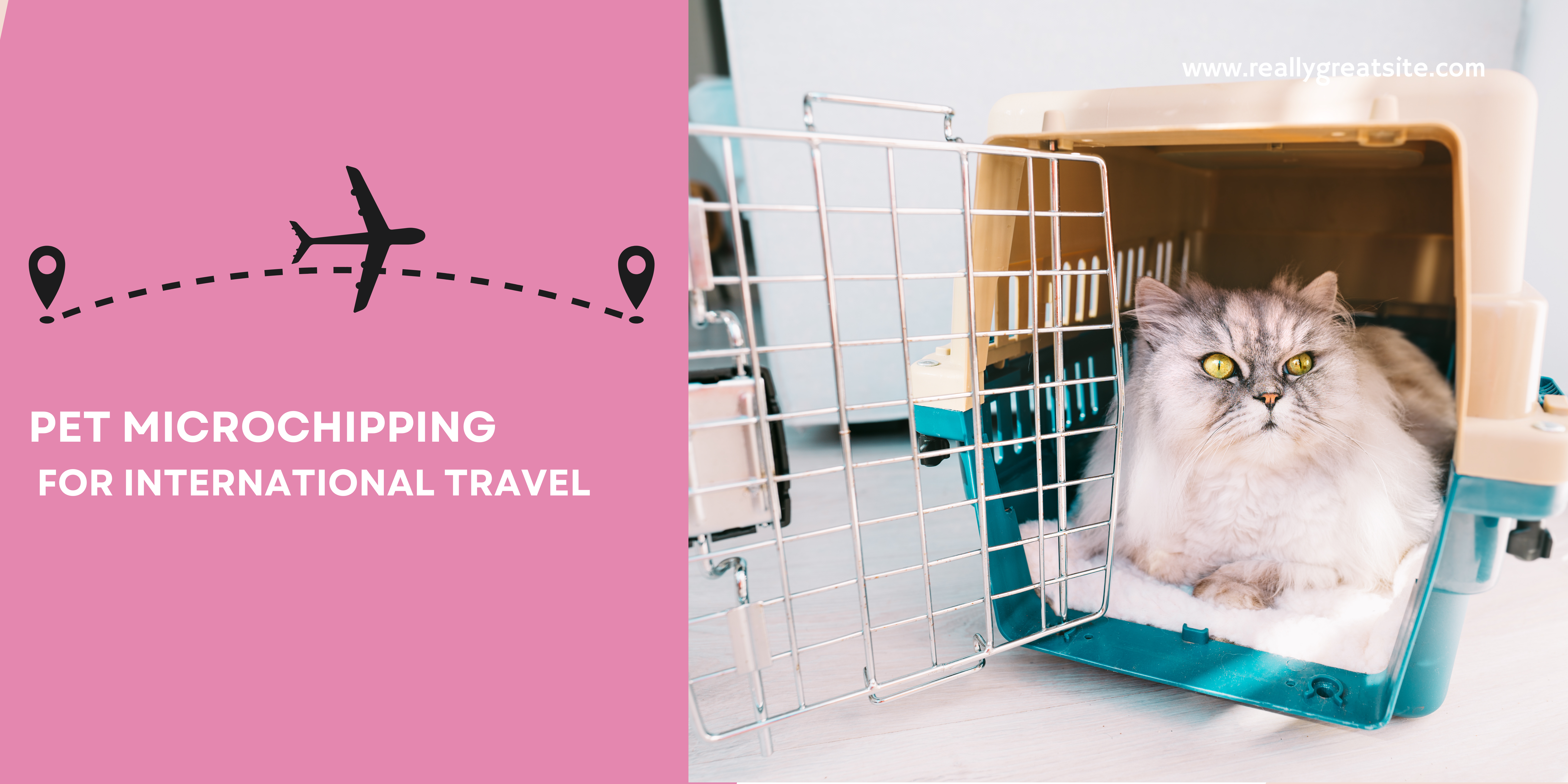The Importance of Microchipping Your Pet for International Travel
Traveling internationally with your beloved pet can be an exciting and fulfilling experience. However, it requires careful planning and consideration of various factors to ensure the safety and well-being of your furry companion throughout the journey. One crucial aspect of international pet travel is microchipping. In this blog post, we will explore the importance of microchipping your pet when embarking on international adventures and how it can provide peace of mind for both you and your pet.
What is Microchipping?
Microchipping involves implanting a tiny electronic chip, about the size of a grain of rice, under your pet's skin. This chip contains a unique identification number that can be scanned by a microchip reader. The information associated with the microchip is then stored in a centralized database, allowing authorized individuals to retrieve your contact details and reunite you with your pet if they are lost or separated from you during your travels.
Why is Microchipping Essential for International Travel?
Traveling internationally with your beloved pet can be an exciting and fulfilling experience. However, it requires careful planning and consideration of various factors to ensure the safety and well-being of your furry companion throughout the journey. One crucial aspect of international pet travel is microchipping. In this blog post, we will explore the importance of microchipping your pet when embarking on international adventures and how it can provide peace of mind for both you and your pet.
Why is Microchipping Essential for International Travel?
1.Identification and Reunion:
When traveling internationally, the chances of your pet getting lost or separated from you increase. Microchipping significantly enhances the likelihood of being reunited with your pet if they go missing. Unlike collars or tags, which can get lost or removed, microchips provide a permanent form of identification that cannot be altered or tampered with. Many countries require pets to be microchipped before entry, making it easier to confirm ownership and ensure compliance with regulations.
2. Compliance with International Regulations:
Microchipping is a common requirement for international pet travel. Numerous countries have implemented strict regulations to prevent the spread of diseases and protect native wildlife. Microchips serve as a reliable proof of identity and ownership, ensuring that your pet meets the necessary entry criteria. Without a microchip, you may face difficulties during customs and border control processes, potentially resulting in quarantine, delays, or even denial of entry.
3. Health and Safety:
Microchipping not only aids in reuniting lost pets but also promotes their overall health and safety. For instance, when traveling internationally, your pet may encounter unfamiliar environments, which can increase the chances of them wandering off. The microchip acts as a permanent form of identification that cannot be damaged or lost, offering a safety net for your pet's well-being.
4. Peace of Mind:
Knowing that your pet is microchipped before embarking on international travel can provide immense peace of mind. It allows you to focus on enjoying your journey, knowing that you have taken a proactive step to ensure your pet's safety. Whether you're exploring new destinations or relocating to a different country, microchipping offers reassurance that you have taken responsible measures to protect your beloved companion.
Microchipping your pet is an essential aspect of international travel preparations. It not only ensures compliance with regulations but also increases the likelihood of being reunited with your pet if they go missing. By providing a permanent and reliable form of identification, microchips contribute to the overall health, safety, and well-being of your pet. Prioritizing microchipping as part of your travel plans will enable you to enjoy your adventures with peace of mind, knowing that you have taken necessary steps to protect your furry friend, wherever your journey takes you.
